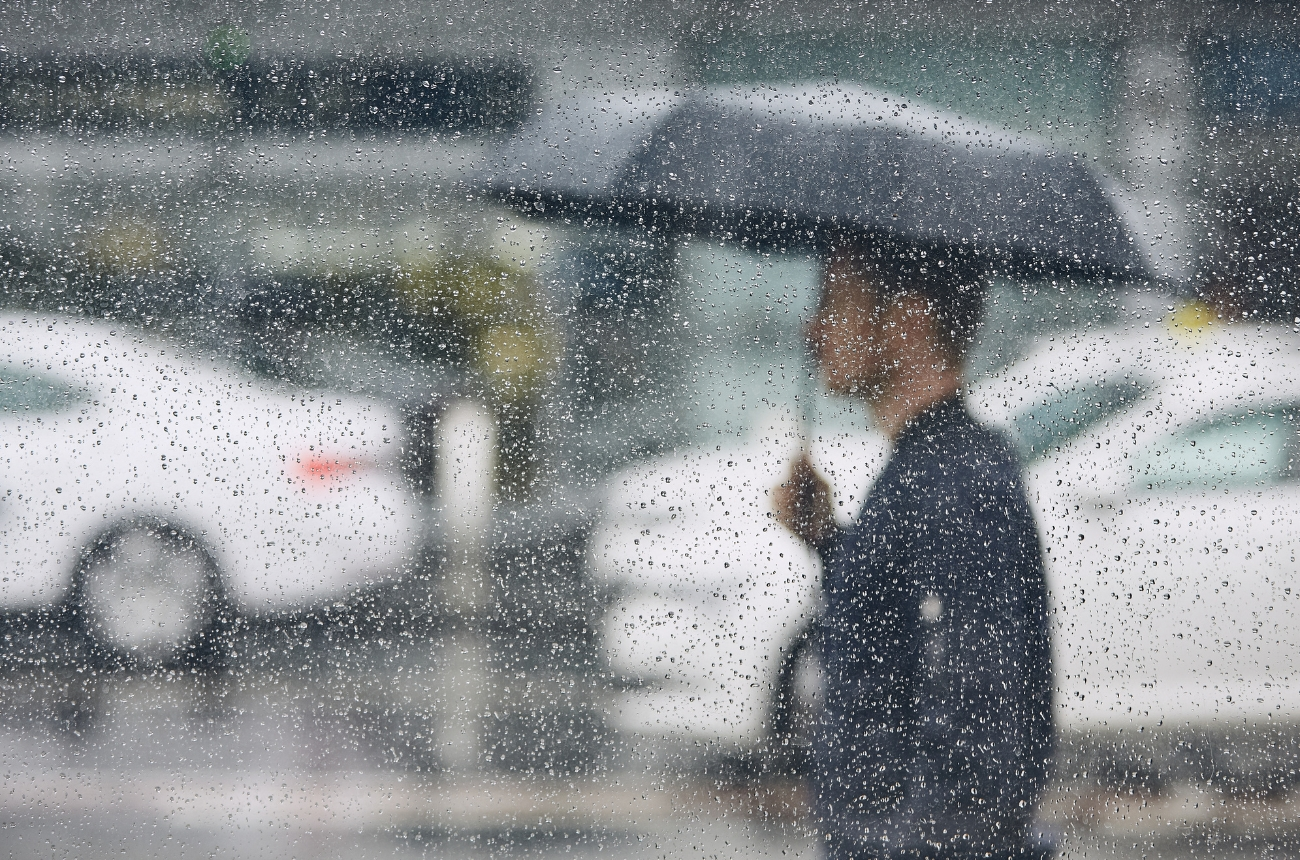December brings a change in weather conditions in many parts of Europe. The number of sunny days is decreasing, clouds are thickening and overcast weather is starting to prevail. This seasonal change can affect emotional states for many people. But how does overcast weather affect people and how can we cope with it?
Weather in Europe: Overcast Depression
The weather in Europe undergoes a marked transformation, especially during the winter months, marked by overcast conditions characterised by cold winds, dense fogs and mostly grey cloud cover. This is especially the case in December, when the sun rarely shines in many regions and the atmosphere is covered with a grey veil. Europe’s cities, historical buildings and natural beauties can be lost in a grey atmosphere during this period.
Overcast weather affects not only the physical environment but also the mood of individuals. The lack of sunshine can lead to reduced vitamin D production in the body, which can lower energy levels. This can trigger conditions such as seasonal affective disorder and overcast depression, which people often feel due to seasonal changes.
Grey days and constant overcast weather can create a lack of motivation and a general feeling of restlessness. Overcast weather marks a period when outdoor activities are restricted, which can lead people to spend more time at home. This can lead to a tendency to withdraw from social activities and people may tend to become more introspective.

Overcast Depression: Ways to Cope
There are effective strategies that can be used in the process of coping with overcast depression. Firstly, you can focus on achieving inner balance by adding small changes to your daily life.
Physical activity plays an important role in alleviating overcast depression. Exercise can reduce stress and improve overall mood by releasing endorphins. Home exercise routines or utilising gyms can increase motivation and boost energy levels.
Paying attention to nutrition can also positively affect emotional health. Vegetables, fruits, whole grains and foods containing omega-3s can support brain health. In addition, drinking water regularly can also have a positive impact on overall health.
Maintaining social connections is important in the fight against overcast depression. Regular contact with family and friends, emotional support and participation in social activities can reduce feelings of isolation.
Be kind to yourself. Coping with overcast depression is a process that requires patience and time. Giving yourself small rewards, engaging in hobbies and caring for your emotional needs can help you restore inner balance.
Every individual is different and effective coping methods are personal. It is therefore important to explore through trial and error to find strategies that best suit your needs and lifestyle. Seeking professional help can also be a valuable support in this process.
The Journey to Beat Overcast Depression: Invest in Yourself
The strategies for coping with overcast depression discussed in this article are just the beginning of your journey to inner healing. You can invest in yourself in a number of ways, from physical activity and healthy eating to social connections and personal rewards. These steps, each with their own significance, can help you strengthen your emotional health and overcome overcast depression. Be kind to yourself, as this process requires patience and care. Discovering your inner light can be a shining part of your journey to overcome overcast weather depression.

